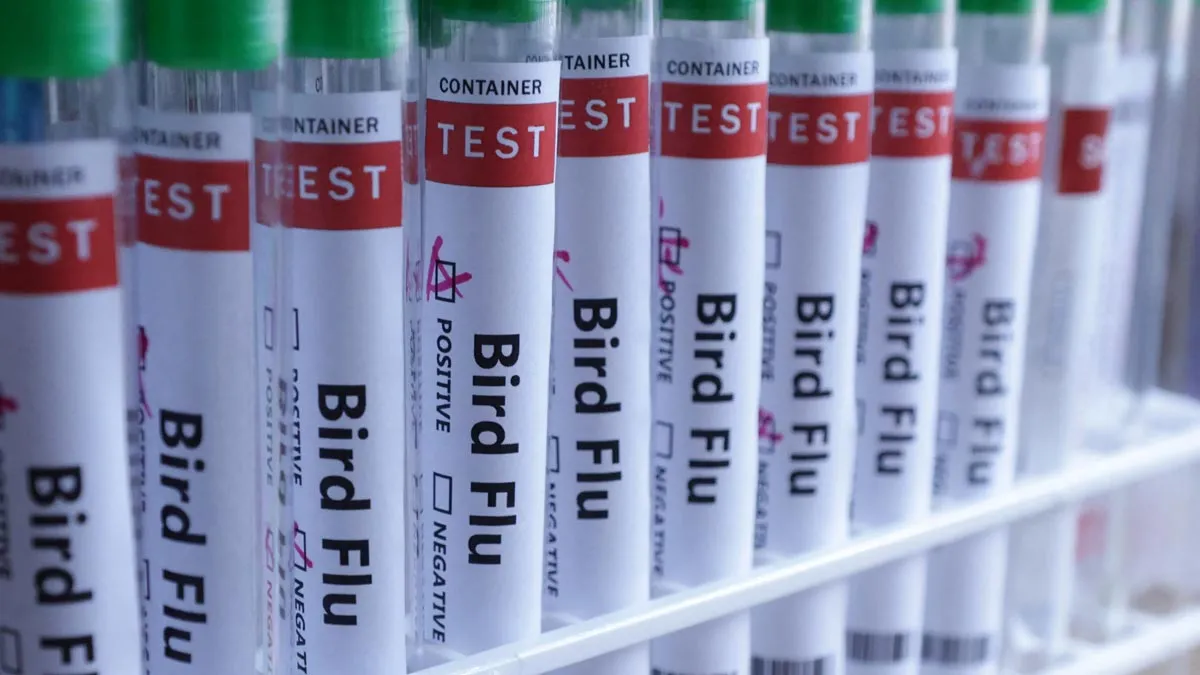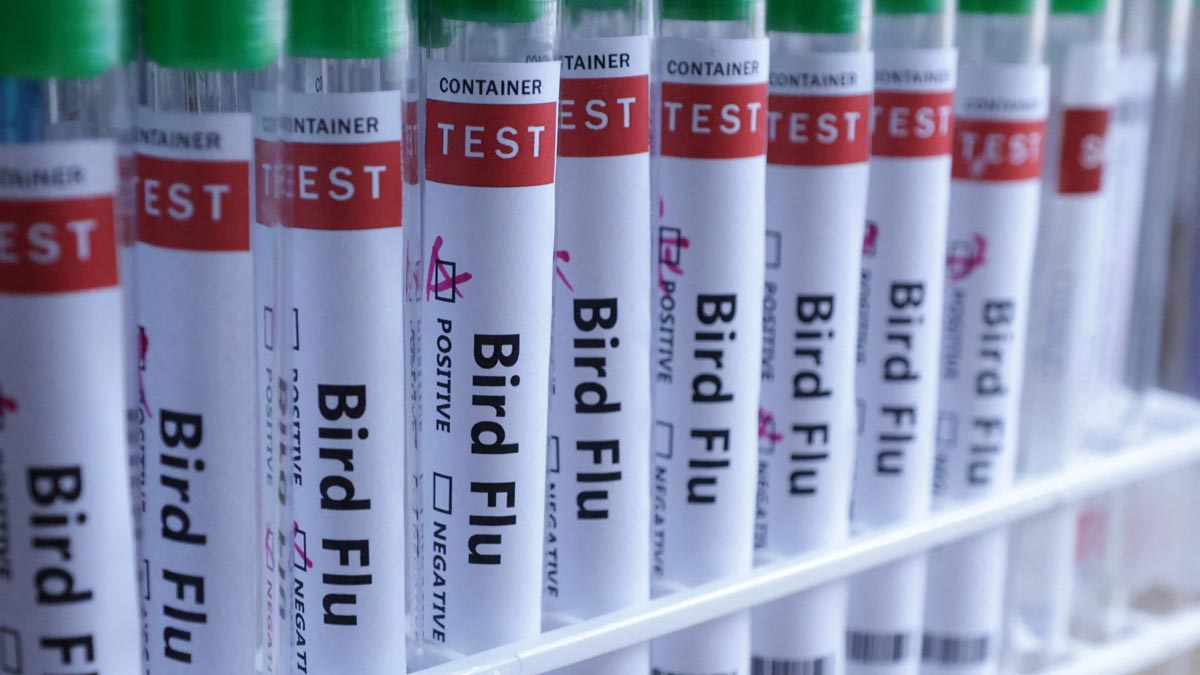
Canada has reported its first-ever presumptive case of human infection with the H5 strain of the avian influenza virus. The case, which emerged in British Columbia, has raised significant health concerns, though experts emphasize that such incidents are rare. The patient, a teenager from the Fraser Health region, is currently receiving treatment at BC Children’s Hospital.
Table of Content:-
A Rare and Unusual Case
This recent case marks an unprecedented event in Canada, as no prior human infections with H5 avian flu had been reported in the country. The teenager, whose condition was confirmed through testing at the BC Centre for Disease Control’s Public Health Laboratory, is believed to have contracted the virus through exposure to infected birds or animals. The exposure, as the investigation suggests, is “very likely” linked to an animal or bird source, although health authorities are conducting a thorough inquiry to determine the exact cause.
Following the diagnosis, healthcare officials have initiated a detailed investigation involving various agencies, including Fraser Health, the BCCDC, and the Ministry of Agriculture and Food. Samples have been sent to the National Microbiology Laboratory in Winnipeg for further confirmatory testing. Public health authorities are also working to identify individuals who might have come into contact with the teenager in order to monitor for symptoms and offer guidance on testing and preventive measures.

Understanding the H5 Avian Influenza Virus
The H5 avian influenza, commonly referred to as bird flu, primarily affects birds, though it can occasionally infect humans and other animals. Human cases of H5 avian influenza are extremely rare, and the virus is typically spread through direct contact with infected birds or contaminated environments. While bird flu strains such as H5N1 have caused concern in the past due to their potential for human-to-human transmission, health officials stress that this particular strain does not currently pose a widespread risk to the general population.
Also Read: Rare 'Jock Itch' Infection Linked to Sexual Activity Emerges in the US; Know All About It
Despite the rarity of human infections, authorities are proceeding with caution, emphasizing the importance of identifying any possible outbreaks and controlling further transmission. Dr. Bonnie Henry, B.C.’s provincial health officer, called the incident a “rare event” and expressed concern for the affected teenager and their family. “Our thoughts are with this young person and their family during this difficult time,” she said in the official statement.
Investigating the Source of the Infection
The exact source of the H5 avian influenza infection remains under investigation. Officials are looking into potential links to the poultry or wild bird populations in the region, as these animals are known to carry various strains of the virus. However, it is important to note that human-to-human transmission of H5 bird flu has not been confirmed in this case, and public health teams are focused on preventing any potential spread.
Also Read: Dengue Cases Soar Past 175 In Gurugram, Prompting Urgent Preventive Action By Authorities
In addition to investigating the source, public health officials are ensuring that proper measures are in place to monitor any individuals who may have come into contact with the infected teen. These measures include providing guidance on self-isolation, symptom monitoring, and the availability of testing if necessary.
Global Context and Preventive Measures
While this case represents a rare occurrence in Canada, human infections with H5 bird flu have been documented in other parts of the world, including the United States. Health officials continue to monitor the situation globally, particularly as concerns over avian influenza strains with the potential for increased human transmission remain an ongoing focus for public health agencies.
Given the complexity of the virus and its potential risks, authorities are urging individuals to take appropriate precautions when handling animals or birds, especially in areas where outbreaks of avian flu are known to occur. These measures include wearing protective gear and ensuring proper hygiene when coming into contact with animals, particularly those showing signs of illness.
Bottomline
While this first presumptive human case of H5 bird flu in Canada is being treated as an isolated and rare event, the incident has highlighted the importance of continued vigilance in monitoring and controlling potential outbreaks. Health officials remain committed to investigating the source of exposure, providing care to the affected individual, and keeping the public informed about necessary precautions.
Also watch this video
How we keep this article up to date:
We work with experts and keep a close eye on the latest in health and wellness. Whenever there is a new research or helpful information, we update our articles with accurate and useful advice.
Current Version